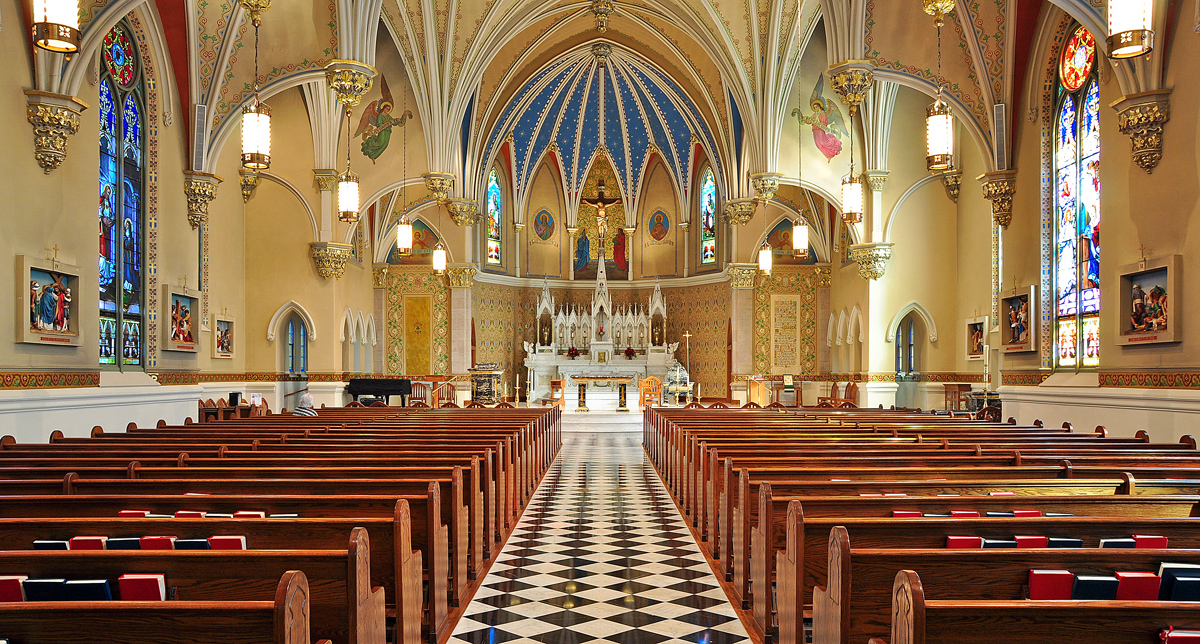Non-Religious Latinos Are Growing In Numbers

Non-Religious Latinos Are Growing In Numbers
Throughout centuries, Latinos have been linked to Christianity.
This was mostly through the indoctrination of faith by Spaniards who brought over the Roman Catholic faith to the New World.
A multitude of memes, films and television shows portray Latinos as lighting a saint candle as an ofrenda, praying for El Tri to finally make it to the fifth round in the World Cup, or exclaiming ¡Ay,Dios mío! as a colloquial form of expression, but what about those Latinos who identify as non-religious or atheist? They do in fact exist and are growing larger in numbers.
According to the 2014 Pew’s religious landscape survey, 20 percent of U.S. Latinos identify as unaffiliated with any religion.
Jessica Martinez, an author for the Pew study, told NBC News in 2014 that Latinos between the ages of 18-29 are leaving Catholicism for non-religious affiliation.
Although smaller in number than Roman Catholics, non-religious and atheist Latinos want you to know they have the same strong moral compass as the person next to them who is praying to St. Anthony to help them find a parking spot in downtown traffic.
Here’s what a couple Latino atheists have to say about their lack of faith.
Eddie, 24, of Salvadoran and Mexican descent, grew up attending Catholic school until he headed off to college at a public university. When he was a sophomore in college, a debate with a Christian group on campus solidified the fact he wanted to identify as non-religious.
“After having a conversation with a Christian organization on campus and asking ‘So if a Buddhist monk lives his life along the same values as Christianity, just because he has grown to accept his faith, especially since geographically Christianity might have a smaller presence, is he destined to go to hell?’ When the response was ‘Yes, he would go to hell.’, I knew this wasn’t for me,” he said.
Eddie added after reading holy books and creation stories from other civilizations, he didn’t see Christianity as being “that special or unique to other religions of the past.”
While some Latinos such as Eddie changed their beliefs once they got older, others were raised in a non-religious household and continued their non-religious beliefs into adulthood.
One person wants others to know that religion is not necessary to have good morals.
Born in Argentina, Val, 35, said he was raised in a family that often talked about life, ethics, and history.
“My personal upbringing differed [compared to religious Latinos] because from a very early age, we were never lied to, about anything. My parents did their best to explain the world without creating narratives to simplify the unknown.”
He doesn’t consider himself an atheist, but instead just doesn’t believe in God or in organized religion.
“I just believe in life and the true evolution of earth and human kind,” he said.
While both Eddie and Val said they have family, friends and work colleagues who accepted their non-religious views, some Latinos and other members of religious communities still have misconceptions about non-religious people and atheists.
“I find few Latinos that are atheist or that don’t feel internally sorry for me for being one,” says Matias, 39, who was born and raised in Argentina throughout his childhood.
He said the biggest misconception about atheists is “that without religion one has no morals or values. It’s absolutely ridiculous and insulting.”
“I am an atheist, and while we never know exactly how we evolved, I am convinced of the absence of god and any truth in religious beliefs. Rarely do I get very negative, aggressive responses. But again, very few agree or take it seriously within the Latino community I am with,” he continued.
While views about religion among especially older Latinos is still seen in a traditional way, the misrepresentation and under representation of atheists at large in media and pop culture is bound for a change—a change Eddie is still hopeful for.
“[Atheist and non-religious Latinos] are possibly more underrepresented, but that’s what makes this time so pivotal. In so many areas, including religion, people are able to break the status quo and define what a Latino or atheist can look like,” he said.”














